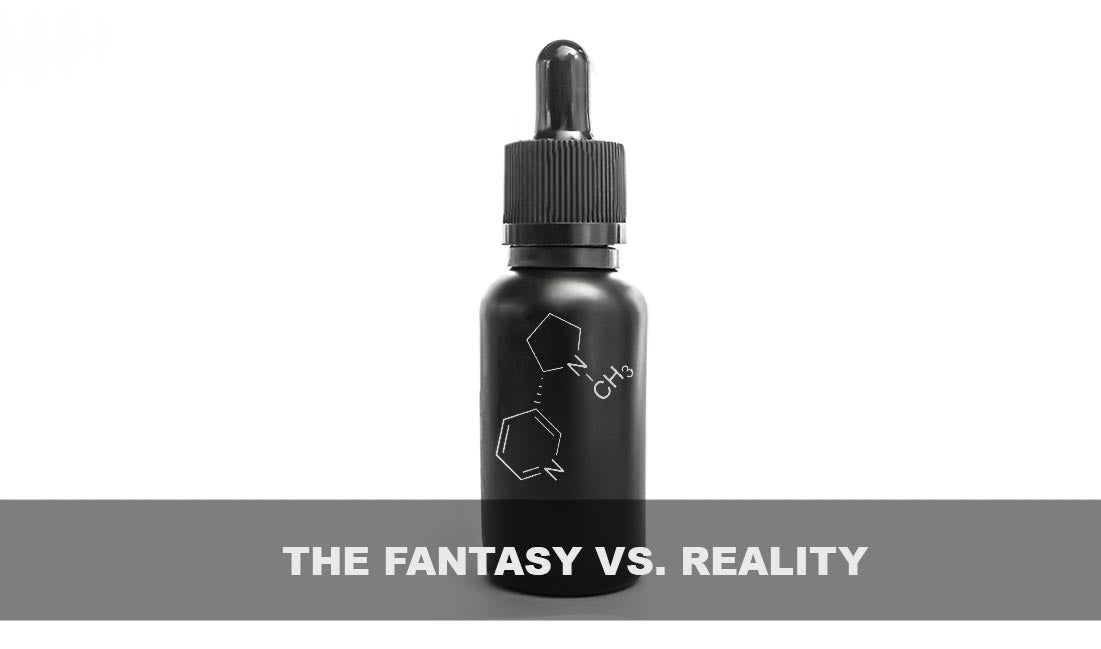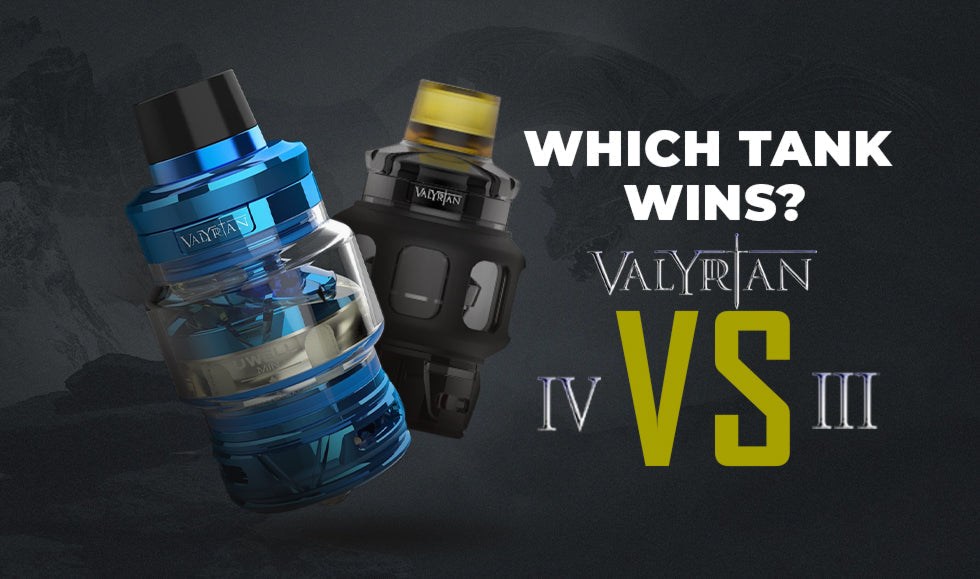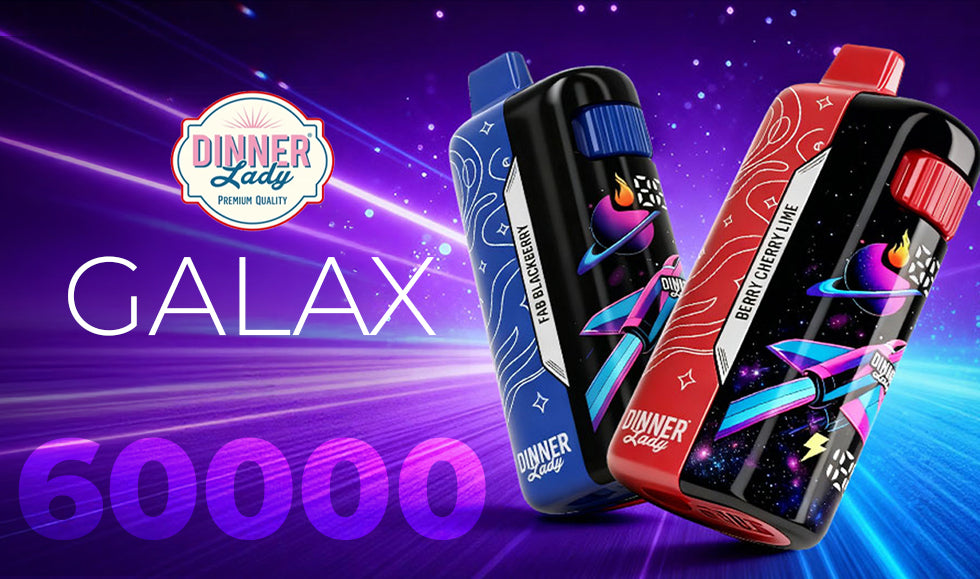The newest craze on the vaping scene is synthetic nicotine, which offers a fresh and exciting alternative to more traditional forms of nicotine found in e-liquids. Synthetic nicotine products are popping up in one vape shop after another, including VapeJuiceDepot, due to a growing number of vape enthusiasts who prefer a completely tobacco-free nicotine experience. But, since synthetic nicotine is so new to the scene, it’s understandable that there are individuals who aren’t quite sure what it is, whether it will satisfy their needs, and, perhaps most importantly, whether it comes with unwanted side effects.
Synthetic Nicotine: Fantasy vs. Reality
Up until now, vape juice has always been made with nicotine derived directly from the tobacco plant, whether it be salt-based nicotine e-juices or those containing freebase nicotine. This changed sometime in the last couple of years, when scientists developed a way to replicate the nicotine compound without relying on the tobacco plant in any way. What we can say is that all evidence points to synthetic nicotine perfectly mimicking the sensation that nicotine users desire, as every customer we’ve talked to has told us that this type of nicotine satisfies their cravings just as effectively as the tobacco-derived nicotine that they’re more familiar with.

Synthetic nicotine, also known as tobacco-free nicotine, is not carried by all brands, as it still remains a relative niche submarket within the vaping industry. However, it is growing in popularity fast, and more and more companies are either switching to it entirely or offering synthetic nicotine versions of their most popular vape juice flavors. Note that the cost of synthetic nicotine is no different from that of traditional nicotine, which means that in general, you should not find yourself paying more for your e-liquids should you make the switch.
What is Tobacco-Free Nicotine?
Basically, tobacco-free nicotine is an isolated extract of the nicotine compound, and it does not come from the tobacco plant. Instead, it is produced in a laboratory with plants belonging to the nightshade family, which includes tomatoes, eggplant, and belladonna flowers. It’s fully synthetic in that naturally occurring compounds are reorganized in a way that mimics nicotine exactly.
The main appeal is that it offers vapers an option that is completely tobacco-free. Although nicotine more commonly used in e-liquids is ultimately a tobacco-derived nicotine isolate extract, it’s hard to create a 100% pure nicotine extraction, meaning that trace levels of other tobacco compounds are usually present. Some believe that this can disrupt the flavor of an e-liquid in subtle ways, since some of those tobacco compounds may carry flavor molecules. Beyond that, some people feel that inhaling even trace amounts of other nicotine compounds into the lungs on a regular basis, they are not making the best choice for their bodies.
Is Synthetic Nicotine Regulated?
Interestingly enough, synthetic nicotine is not regulated by the FDA. It’s simply too new of an addition to the market that the FDA has not yet had a chance to study it using their various standards. However, it is regulated through other means that apply to all vaping products, including the GMP (Good Manufacturing Practices) standards that ensure safety and quality throughout the industry. Further, the vaping industry is largely a self-regulatory one, and products are routinely tested for the sake of consumers.
Synthetic Nicotine: A Challenge to the FDA’s Authority
What makes synthetic nicotine all the more interesting is that because it is not subjected to FDA regulations, products that contain it do not have to adhere to the FDA’s many rules regarding other vaping products. Because standard tobacco-derived nicotine used in e-liquids does contain tobacco, the FDA can regulate these products as tobacco products, which has caused quite a lot of controversy over the years. The use of synthetic nicotine in vaping products sidesteps this completely, giving manufacturers of these products more freedom when it comes to manufacturing and marketing.
 Therefore, synthetic nicotine has challenged the FDA’s authority over vaping products, as the industry, by and large, has been disturbed by the FDA’s treatment of vaping manufacturers, since vaping products, they argue, should not adhere to the same rules and regulations that apply to cigarette manufacturers.
Therefore, synthetic nicotine has challenged the FDA’s authority over vaping products, as the industry, by and large, has been disturbed by the FDA’s treatment of vaping manufacturers, since vaping products, they argue, should not adhere to the same rules and regulations that apply to cigarette manufacturers.
Synthetic Nicotine: Chemistry and Manufacturers
More vaping manufacturers are making synthetic nicotine products, and at VapeJuiceDepot, you can find several of the most reputable brands producing these products in the industry. Synthetic nicotine is surprisingly easy, at least relatively, to produce in a laboratory, and this makes the cost of producing it fairly cheap while making its products accessible to the industry at large.
Synthetic nicotine is not actually as new as we may think in the broader sense. It was first considered in the 1960s but was ultimately discarded as an idea because at the time, the only means for producing it were capable of leading to unsafe products. Since then, chemistry has evolved a lot, and chemists can now produce synthetic nicotine without using unsafe ingredients and methods.
 There is a patented process for producing synthetic nicotine, and while not all vaping brands disclose their exact methodology, generally all manufacturers get their synthetic nicotine from the same process, which is converting nightshade-derived niacin (nicotine acid) into a bioavailable nicotine alkaloid. As of now, it appears that the major brands selling synthetic nicotine products all derive their nicotine from these exact methods.
There is a patented process for producing synthetic nicotine, and while not all vaping brands disclose their exact methodology, generally all manufacturers get their synthetic nicotine from the same process, which is converting nightshade-derived niacin (nicotine acid) into a bioavailable nicotine alkaloid. As of now, it appears that the major brands selling synthetic nicotine products all derive their nicotine from these exact methods.
Metabolism, Pharmacological Effects, and Analytical Detection of Synthetic Nicotine
As we said earlier, no studies have been done on the effects of synthetic nicotine on the body, as it’s just too new for researchers to have been made available at this point. We do not know the short or long-term effects of using synthetic nicotine, although we feel positive about it overall because synthetic nicotine seems to behave identically in the body as traditional nicotine, meaning that its effects are likely no different from standard nicotine which has been studied quite a lot over the years.
However, we do anticipate that studies will be coming out in the near future, as interest in this potentially game-changing alternative is growing at an exponential pace. So, we do believe that we’ll soon have a very clear picture of how synthetic nicotine behaves in the body. For the time being, there are no reasons for concern, as again, it seems to act no differently than nicotine we’ve been consuming for years.





